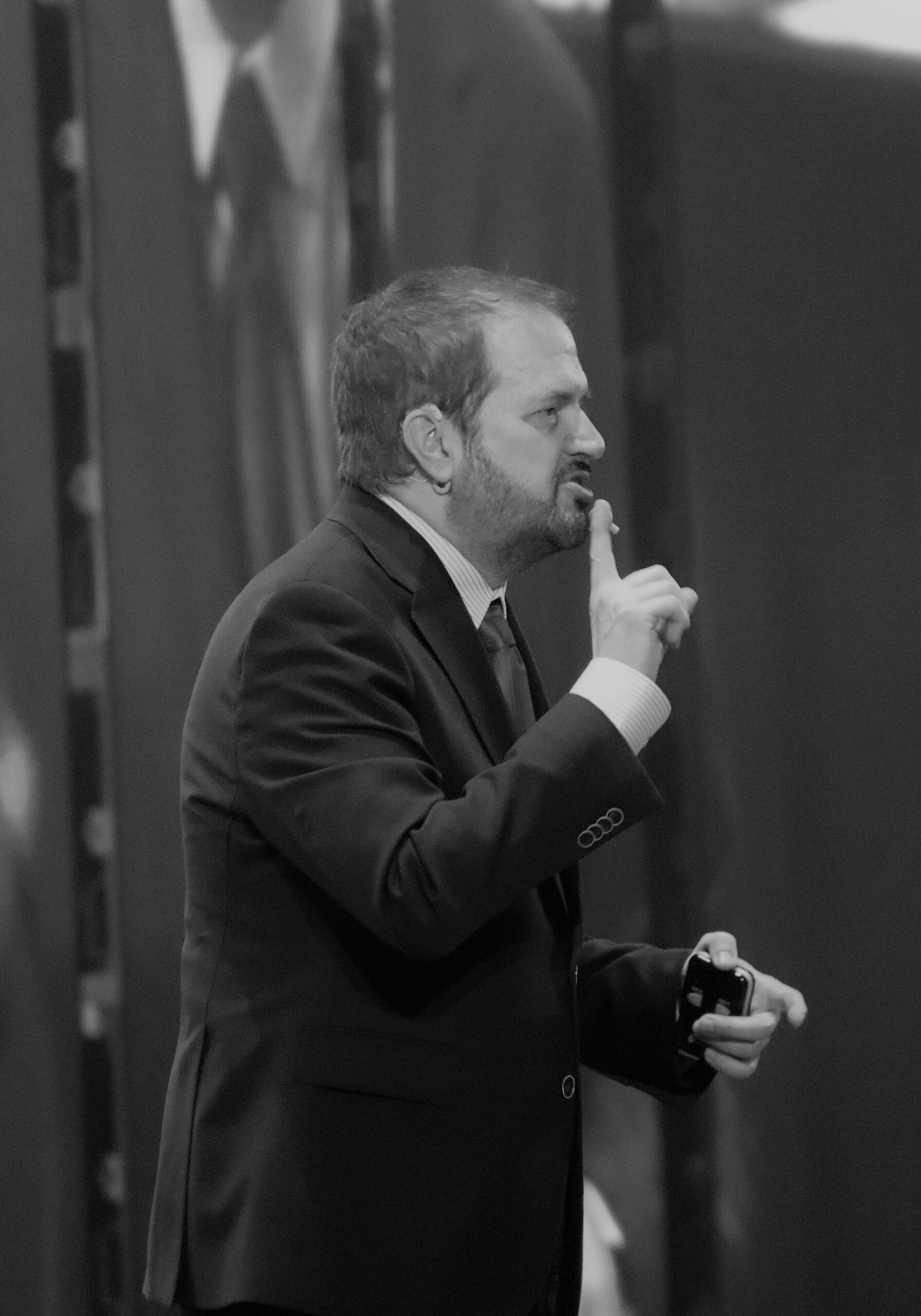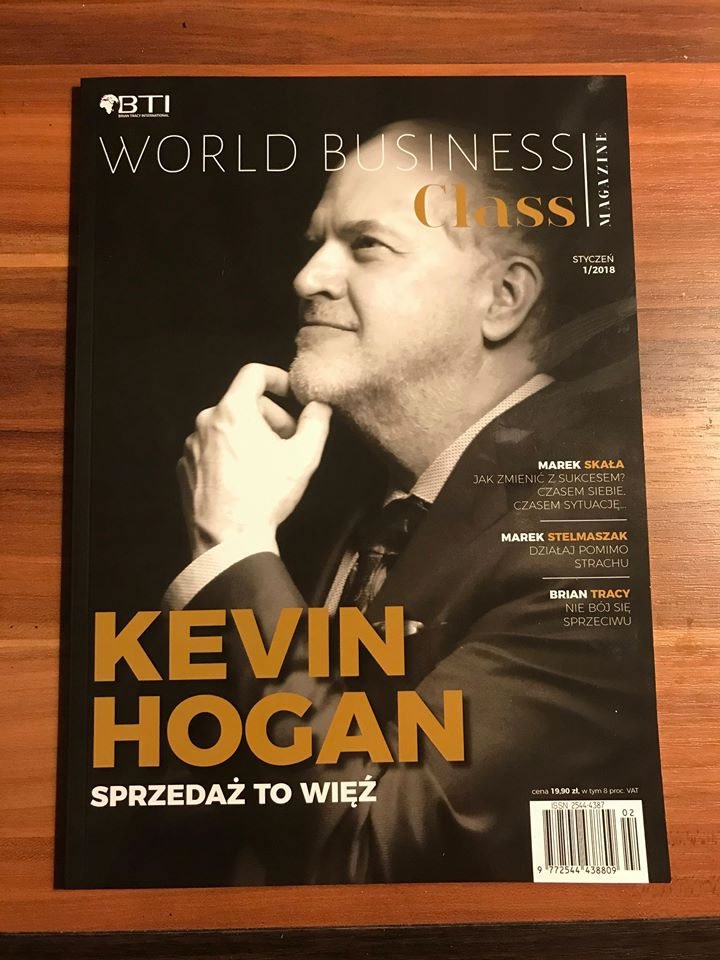Since the publishing of Invisible Influence, there have been numerous breakthroughs in understanding persuasive communication, framing of messages, understanding the deeper cultural issues that shape daily decisions.
These changing which in part is about the changing attitudes, values and lifestyles was further modified, in some ways dramatically, by covid which has literally shifted how the world’s residents think, process information, develop biases, have reduced trust and developed dislike for people who are not like themselves.
2020 and 2021 were years which exposed the greatest divides between “conservatives” and “liberals.” The support for party affiliation had never been greater though a schism among conservatives would occur in early 2021.
In traveling to various parts of the world, I’ve seen similar trends outside the U.S. as I have inside the U.S. Today I’ll show you a few of the differences from country to country but I will begin within the U.S.
Effective persuasion approaches of the past are now in question.
Legend Point: The trust, respect and willingness to talk with people who believe differently from you has never been lower.
The general prevalence of distrust of other people however, provides one advantage for the person of influence. You know that people are more reactant than they ever have been.
Because more people distrust more people than ever, and because people have fewer friends and confidantes than they ever have had, you have an opportunity to connect in a meaningful way with far more people than at any time in your life.
Why?
Because very few people can successfully navigate outgroup and the outgroup in now polarized.
However, you understand that you can first reduce the towering reactance while meeting them on their landscape before bringing them to your message.
For the past two decades, politics has assisted in a greater division between political parties, made up of every day human beings, as well as other cultural and social aspects of life in the U.S.
Then came 2020.
Early in covid, persuasive messages out of the White House in the United States caused tens of millions of Americans to not accept the idea of a possible vaccination against the coronavirus.
And early on conservative messaging concerns about loss of liberty were not addressed in more clear terms. I wrote at the time that the reaction and response to the virus as it related to business could change the world forever. Government would now tell the individual how to behave. Not “American,” and will be dealt with in depth in another article.
Then the vaccines became a reality and no longer were people thinking about the vaccine possibilities, multiple vaccines were now a reality. What happened next?
With plenty of real life crossover noted, the majority of conservatives shun the vaccine and the majority of liberals embraced the new kid on the block.
Early on a persuasive person has no trouble getting people who think (aka “ingroup”) like they do to comply with something as simple as wearing or not wearing a mask.
Where leadership comes in is when suggesting (or mandating) that people not go to church, it’s critical to understand that such a mandate violates many people’s entire purpose and meaning in life.
Health organizations and confusing government messaging made it impossible to bring religious leaders (in this specific circumstance, as opposed to business leaders, for example) together. Instead the messaging went directly to the public and everyone got a different message because it depended on what channel you were watching on tv or online.
A leader in a free state or nation must say, “Obviously we don’t want the church to cease from existence. Churches have helped millions to live better lives and we’ve put together guidelines on how churches can continue to teach, provide support for their church community, do charitable work, share the messages that are part of the fabric of this nation and help with resolving this crisis as quickly as possible. The government needs your help, your assistance in putting together strategies for keeping your church and it’s parishoners safe and still be able to meet in some way that puts no one at significant risk.”
The problem and The Formula for a Persuasive Solution
The problem was there was little leadership to be found at state or federal levels. There was no one saying HOW to do something. There was simply debate between whether churches (the buildings) should be closed for business and ignoring all that is done by churches in the real world. Whether churches or businesses, the communities are filled with all the human beings that are becoming more disenchanted by being told what to do when those in charge have no specific message, no plan, no pointing to the obstacles that are coming and no answers to HOW to make measurable outcomes that include as many humans as possible know that they are fulfilling the mission of the church, business and their families by doing behavior X.
In short everyone was left hanging without a notion as to HOW to proceed and then continue. And of course this was true with businesses that were to be temporarily closed for customers and clients. No persuasive messages is not a good thing in any way. You must provide direction for credibility and a persuasive message to be effective long term. (i.e. If you own a bar….do xyz and you’ll be in business when the situation is resolved.)
Persuasive messages include the message of:
a) the behavioral change to be made
b) the specific behavior to adopt
For you, a person of influence, consider precisely the hundreds of ways leadership in your state/country went wrong and how that lack of direction screwed up country after country, state after state. Today what matters is not replicating past errors and being compelling in persuasive messages in the future.
The response that was put into play was basically three fold. First everyone who did go out in the U.S. would wear a mask, which began as wearing a mask similar to those in dramatic medical settings. Later masking became more about covering your face in a more “stylish fashion” essentially for the purpose of not sneezing, coughing or shouting your potential virus, into the body of another. The real mask protects the individual. The stylish protects the other person…a little.
Second was social distancing. This essentially eliminated the ability for restaurants, movie theaters, concerts, plays, entertainment venues, bars, and on and on to remain open to the public. The most that was allowed in some countries was delivery of food or goods by services like Amazon, Door Dash and Uber Eats. In the U.S. there was more flexibility but still, businesses were shredded day by day.
My concerns with social distancing were not about 2020. I was thinking about 2021 and beyond.
Enforced rules to keep distances of two meters from others would later create distrust toward people in general. I was also quite concerned that lockdowns would increase depression and anxiety, which as we have seen has occurred, worldwide. (Don’t misunderstand. the two meter mandates were logical but as we go into the future we pay a price because the rules changed how people will experience other people as far as trust, liking, consideration, care, and love for some time to come.)
Third, I was quite concerned about the long term impact of the election which was held in the middle of the pandemic. States authorized mail in balloting which was a logical approach but carried with it a concern by conservatives that they might lose certain counties and states because the poor and ill which typically included the elderly would have the most difficult time getting to the polls. Many states of course had used mail in balloting for years and citizens residing overseas or in the military sent millions of ballots to the U.S. each year. Again, most states failed at sending persuasive messages of leadership, flying mostly by the seat of their pants.
Again the election result of 2020 is somewhat important, but the long term certainty in the system itself going forward impacts people’s behavior. It changes how persuasion will happen. It changes how random influences will impact behaviors of some that otherwise would not occur.
At the basic level, the popular vote was a landslide but the electoral vote which appeared to be a landslide from looking at the number of electoral votes, was actually much closer than it appeared as states like Georgia, Arizona and Pennsylvania were very close races between then President Trump and Senator Biden.
There’s more to the context of the election which feeds into the cultural shifts that would begin to occur. President Trump and his faithful supporters began to spread highly persuasive intragroup memes and successfully planted the notion into conservative media that the election was going to be stolen. They obviously had done the math and calculated that it would be more likely to lose this election IF mail in balloting were taken seriously. They correctly calculated that accusations of fraud would impact the election. If your vote doesn’t count, you don’t vote. Liberals seized the opportunity of course and the rest is history.
But how does this impact persuasion and influence in day to day life, going forward?
How effective was this messaging?
Today as we begin June 2021, a majority of Republicans believe the election was not representative of what the result would have been had ballots been properly counted. There are many lessons to take away from this newly held belief by such a large group of Americans.
The intragroup messaging by the Republicans from before the election was even begun until today is nothing short of brilliant. The outgroup messaging by the Republicans was poorly constructed as we’ll discuss at length in another article.
One (of many) gambles the messaging included, was that people should not send in mail in ballots. They were not legal or fraudulent. The idea was they didn’t have a drivers license attached to the ballot so you couldn’t be certain little Johnny didn’t fill in the ballot instead of Mom. That IS a logical argument in some ways, but that wasn’t the argument the Republicans made. Instead they had an umbrella argument that the election was destined to be stolen. Had the Republicans not given the umbrella there would be a different President today. The problem was that Republicans followed the leadership suggestion, sent in far fewer ballots and then a few days later were busy working and couldn’t make it to the polls. Again this is just one way the election could have been tilted and there would have been four more years for better or worse.
A “successful” meme accomplishes ingroup cohesion. They do nothing for capturing those who are polarized but some of those who would have been polarized MIGHT listen to a simple and logically framed message.
(To understand it more clearly, simply assume you are evangelizing for your church. All memes sent out showing how special you are and how wrong everyone else is, adds to cohesion of your group but polarizes those in the “consideration” stage of religious/political evolution.)
A campaign of ingroup memes fails at persuading those outside the group who might be persuaded by logic and not the emotional triggers of the meme. (We’ll look at this in depth in another article as well.)
As the campaign took this direction I began checking the odds on the election in casinos and sportsbooks around the world. It became clear that the election was very close, with a very slight edge in favor of Biden. Sportsbooks are far better at handicapping the future than are polls which only present what people say they will do. Sportsbooks accept real money which is what people actually do. (Behavioral research vs. self report)
The lessons for persuaders is that you carefully determine WHO your message is constructed for.
Is it ingroup or outgroup?
Is it BOTH?
And then you have to project (model) how that message will be perceived in the outgroup. Then you change the messaging to capture those outgroup in the consideration stage, and bring them in.
It might seem hard to believe but it is more than true that people change their political party in their life. People do change their religious affiliation. It’s actually not uncommon and enough people change that you can aid in the change with the well constructed message at the right time. These changes do NOT come easily with a burst of emotion. They come literally after much rumination and pondering.
And covid presented the right time for both major groups in this election.
Historically chaos will favor the re-election of the status quo unless the status quo is generating the fear. When there is chaos people that are most uncertain will seek out calm.
Because surveys as to “why I did it” are generally flawed, those that report, “what I did” (not what I intend to do) are more accurate. And in 2020 it appears women observed and experienced chaos. 42% of women voted for the ex-President and 57% voted for the current President.
President Trump believed that he was making a successful appeal to suburban women. It backfired because the majority of suburban women, identified with the “Black Lives Matter” theme. In the final analysis it didn’t really matter if the ref blew a call, the game was over and the difference maker was obvious.
Secondarily, the other aspect of influence where the Trump Machine assumed they had successfully influenced was the “legal ballot theme.” A number of states had so many mail in ballots that the contests were likely swayed by the chaos and those voters who couldn’t get to the polls because they were working (elections are held on Tuesday’s not on the weekend) or were too afraid to go because of covid, that they voted from home.
As I write this today, there remains the daily news stories about “The Big Lie” which was that the election was not honest but “rigged.”
It makes no difference to me whether the reader believes there was a big lie or not. What matters from the perspective of how influence and persuasion are changing is how it will impact behavior in 2021 and going forward.
The group that will almost certainly win in 2022 is the group that will reaffirm that elections are fair with ANY fairly run system that gets all of their voters represented. (If the system is fraudulent the person is less inclined to vote and more inclined to hold up a sign protesting the vote while they wonder how the other guys won.)
What matters is that the INFLUENCE of the messaging changed your perceptions.
If you were a Republican you are significantly more likely believed that the election was “stolen” in some fashion.
If you were Democrat you were impressed by the record setting number of voters and were happy that even those unable to leave their beds in nursing homes or didn’t have transportation to the polls, they got a vote.
The first groups narrative (The democrats will steal the election from the “American People” is a frame that gambled unnecessarily) and was almost as strong as the second groups, “everyone’s vote did count.”
Complex messages of “all legal votes that should be counted” never play out well in real life. That message sealed the fate in some states because everyone has a different idea of what that means. Messages must be simple when your target group is not ingroup but outgroup in consideration stage.
What then happened is history. The votes were counted and recounted. The results were stamped by each state and Joe Biden was the new President.
What has changed for persuaders and those who influence?
People want to trust others. In fact they crave it.
Trust is reduced in general, across the board. People are less likely to trust elections and candidates. They are less likely to trust people in the pharmacy, in the grocery store and at an event. Ingroups will tighten and their tolerance of out groups will grow more intolerant. People are less likely to trust in day to day life even in their own home.
Thinking rationally is often being replaced by fear and anger. Emotions and feelings drive the majority’s behavior in general but now the polar extremes are more dramatic, making for further chaotic situations to be more likely.
There are at least two distinct groups of people who see the same information but through frames which are so divergent that their reality can’t even understand how someone could see something other than what they see.
This is critical because the United States was one leader in the world in ethics and morality as far as the election process working. We learned as far back as Gore/Bush that the system was fair, right down to the last vote. The results divided people a bit… but a winner won and the loser conceded. Hatred wasn’t a concern.
All of the events of 2020 led me to the reformation and perhaps a bit of optimism.
Return in time to 500 years ago.
Martin Luther was a priest in the Catholic Church the only real church that northern Europe knew. At the time, the church in northern Europe was the sole answer to all things related to religion. Luther became disenchanted with the church because one particularly well-known Catholic method of exploitation in the Middle Ages was the practice of selling indulgences, a monetary payment of penalty which, supposedly, absolved one of past sins and/or released one from purgatory after death.
Others felt as Luther did but no one really made much of a fuss as there was a significant fear of the church by many.
Luther just didn’t resonate with the idea that you could buy down your sin/debt load for cash.
His laundry list of what amounted to corruption and crimes along with other things to be changed in the Catholic Church was numbered at 95. The story got around Germany (and has been told for half of a millenium) that Martin Luther nailed these 95 theses to the church door in Wittenberg.
That’s a meme that goes viral quickly and while it didn’t have a phone to bounce from, it did have staying power. Even you know the 95 “theses” were nailed to the door.
That’s a dramatic picture. It has resentment and revenge written all over it.
And what’s fascinating is that Martin Luther toward the end of his life stated that he never did such a thing. “I mailed it to the Archbishop.”
That’s the power of the first heard story.
How could one priest be so much smarter and holier than the entire leadership of the Church and the holy roman empire from the Pope down to the alter boy?
His personal rebellion triggered the creation of the Lutheran Church. He personally translated the entire Bible into German so everyday people could actually read the Bible and decide for themselves what was right and wrong. By doing this he usurped the power of the church and put power into the hands of the folks who go to church.
The Lutheran Church today boasts about 70,000,000 members. Luther’s influence was enormous and of course millions more who followed in Protestantism suggest they owe their religious “freedom” to Luther, but 70 million Lutherans is tiny compared to a membership of well over 1 BILLION Catholic parishoners on the planet.
From the point of view of actual lasting influence, the number of Protestants which includes Lutherans is also almost 1 BILLION. All of those people came from one man’s open rebellion against a very, very big adversary.
Luther was excommunicated and died one of the most influential men in history, and the (inaccurate) image of him nailing those 95 theses to the front door will last into the future for another 500 years.
The Trump campaign was unconventional, as was his Presidency and his delayed exit from the office during a critical transition period. But they used the same kind of imagery that Martin Luther used to advance a different way of thinking.
“The Big Lie”
“Fake News”
“Make America Great Again”
“They stole the election.”
All of these will be indelibly written on the minds of people worldwide and the name those people will attach to all of them is Donald Trump.
Trump shaped a way of thinking for millions of Americans.
Big changes are happening worldwide and those who understand how individuals and larger groups of people and nations are processing and posting information will “win.” Those who don’t keep up will lose.
There are huge gulfs between how people think from country to country and culture to culture.
One of the spectrums that changes the results of persuasion attempts is whether a culture or country is collectivist or individualist.
Definitions here are often murky but think of collectivists as groups of people, closer in physical space than the world as a whole, doing things for the good of the group before they would do for themselves.
Collectivists are more likely to strive for selflessness.
They will do more to work together as a society or group.
Family has a central role.
Consider individualists as self reliant and free to pursue individual goals.
Then realize that there are exceptions everywhere.
When framing a message for people in South America (some suggest this continent has the most collectivist cultures on the planet) you will ultimately have an appeal that will appeal to the group, even to the family unit.
Recent research shows China, Japan and Russia are similar in the degree of collectivist thought as South Americans.
Africa as a whole is quite collectivist in nature. The same is true for African’s as it is for South America, though perhaps not as extreme.
On the other side of the spectrum, Western Europe is significantly individualistic in nature.
On this side of the spectrum the desire, the outcome, the goal is more often about the individual as a motivating driver than about doing what is good for the country or culture.
But far to this side of the spectrum are the United States, the UK, Australia all of which see Africa, Asia and South America as very different from themselves.
China which falls in the middle of the spectrum is often looked at as extremely collectivist when perhaps it is not It’s simply FAR to the other direction than the U.S., UK and Australia.
In collectivist societies you could say that ultimate happiness is in fulfilling the desires and needs of the group and not simply the individual.
The slogan “Make America Great Again” certainly helped bond millions of Republicans to Donald Trump. That same slogan as “Make Chile Great Again” or “Make China Great Again” would likely bond a dramatic majority of a political party to the messenger.
People in each culture develop certain responses to common situations in the persuasion process.
Because of my interests in academia, business and community/family along with individual performance, I feel like I learn something new and tease out more and more nuances of what influences you and I do, feel and think.
With this simple introduction let’s begin.
Of course there is more to cultural differences that impact influence than whether it is collectivist or individualistic.
For example, people in China and Germany think very long term. Those in the U.S. and Brazil on average are shorter term thinkers.
That means that people LIVE INSIDE OF DIFFERENT FRAMES and when asked questions their answers mean very different things from country to country.
Ask a Baptist, a Catholic, a Lutheran and a Jew a question of whether they are being righteous in the eyes of God, you’ll possibly get the same WORDS from each person but the BEHAVIORS are very, very different for each of those groups to get the behavioral label.
To succeed in persuading it’s imperative to understand how people make their decisions. And most people do not make their decisions based on biases, heuristics or even the force of the persuader.
They make their decisions based upon their character, their honesty, their self interest, their desire to help their family, their tribe, and all of the contextual cues we’ve talked about in this chapter, and hundreds more.
Certainly you must master heuristics and biases, know what expendable income people have, what their faith is, what tribes they belong to. You must understand WHO is in their rolodex of the mind and how to appeal to ALL of them. And more.
And then you must be able to appeal to the contexts, the frames.
And do it ethically, with integrity with the other person’s best interests in mind so you will develop friends and loves for life.



























